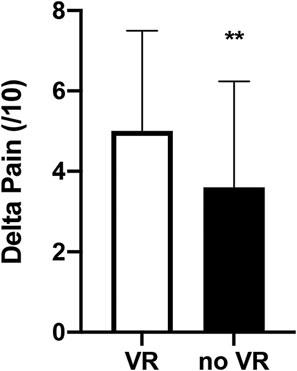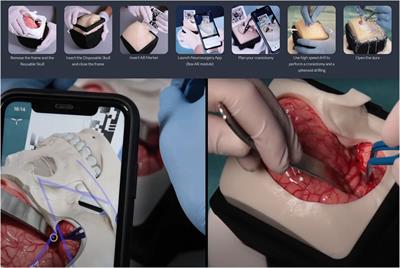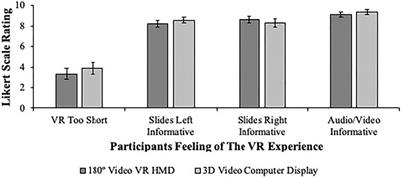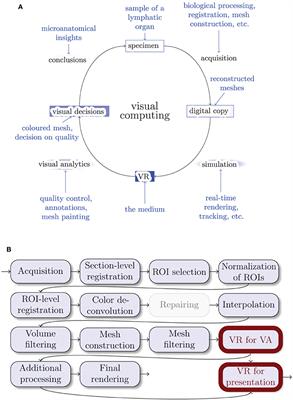EDITORIAL
Published on 30 Mar 2022
Editorial: New Virtual Reality and Spatial Computing Applications to Empower, Upskill and Reskill Medical Professionals in a Post-Pandemic Era
doi 10.3389/frvir.2022.877494
- 735 views
5,131
Total downloads
39k
Total views and downloads
EDITORIAL
Published on 30 Mar 2022
ORIGINAL RESEARCH
Published on 04 Feb 2022

ORIGINAL RESEARCH
Published on 06 Oct 2021

REVIEW
Published on 07 Sep 2021

ORIGINAL RESEARCH
Published on 15 Jul 2021

ORIGINAL RESEARCH
Published on 03 May 2021
